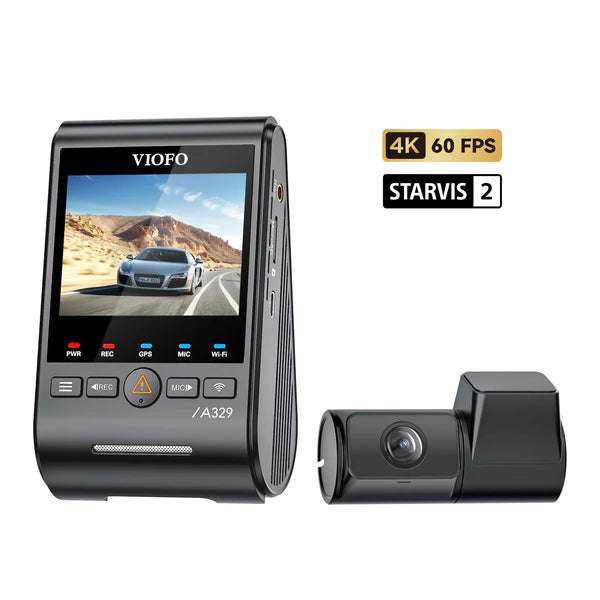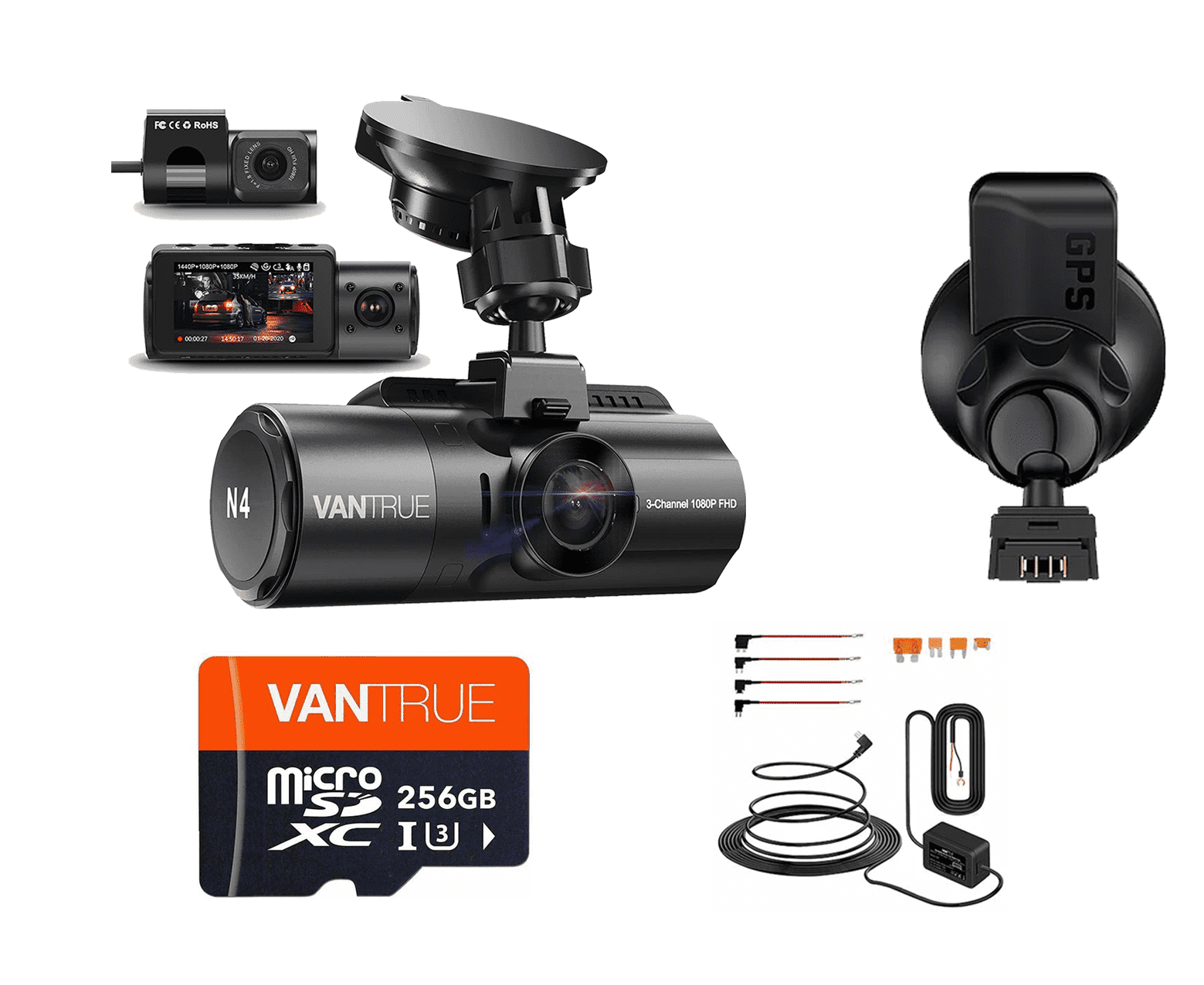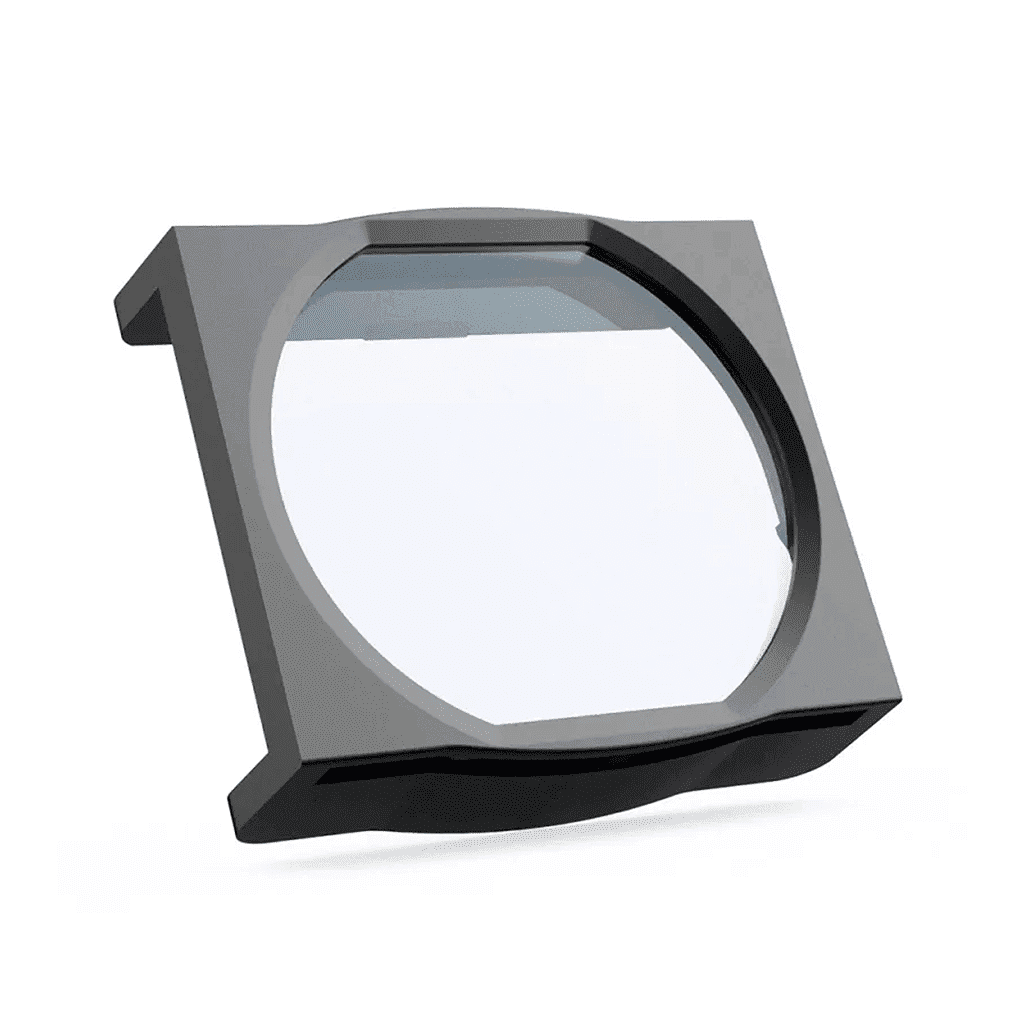Dangerous situations in traffic can end badly, especially for cyclists. On a bicycle you are smaller, lighter and less protected than in a car. In order to have evidence in the event of an accident, more and more bicycle owners are reaching for their cameras and recording what is happening on the road. But you have to be careful when filming traffic and the footage of an incident is not always admissible in court. In this article, we explain what you need to bear in mind when using a bicycle dashcam and how useful a dashcam on a bicycle is.
What is a bike dashcam?
The mini camera for cars, which films the traffic and monitors the vehicle, has already become established in this country. Now more and more bicycles, racing bikes and e-bikes are also using bicycle dashcams in order to have video recordings in the event of an accident. In many traffic accidents, it is ultimately one person's word against another's and it is unclear who is to blame. By recording what is happening, cyclists have clear evidence that can prove how the incident happened.
Bike dashcams are available in different versions for the front of the handlebars and/or the back of the bike's seat post. Although some cyclists use action cams like a GoPro that are attached to the helmet, these do not have the sensors or the corresponding technology that characterize dashcams. Here is an overview of some of the functions of bike dashcams:
- Built-in GPS: Stores location, speed and distance
- G-Sensor: Motion detection that automatically starts recording
- Overtaking distance meter
- Night vision
- Wi-Fi
- Wide-angle shots
- Loop recording
Bike Dashcams vs. Action Cams: This is the difference
Special dashcams that have been developed for bicycles are different from the common action cams that are often used in mountain biking. They comply with data protection regulations, have been developed for use in normal traffic and offer other useful functions in addition to video recordings. For example, old recordings are automatically overwritten and only event-related material is saved. Some models also have an overtaking distance meter that measures whether other road users are overtaking you too closely while you are driving. This gives you even more evidence in the event of an accident.
Action cameras, on the other hand, film continuously and save all recordings. In normal traffic, this is problematic for data protection reasons. It is therefore unclear whether the recordings from these video cameras will ultimately be admissible in court.
Legal situation: Are bicycle dashcams allowed?
Attaching a bike dashcam is permitted, but there are a few things you need to be aware of when using it to avoid committing a crime. For example, filming without cause and saving the recordings is not permitted in Germany. In theory, no one can be filmed against their will in this country, and this also applies to car license plates. Modern dashcams therefore have a so-called loop function. This ensures that the video is overplayed at regular intervals so that no personal data of third parties is stored. Publishing dashcam videos on the Internet, for example, is also not permitted, as this violates the right to informational self-determination. This is a serious infringement of personal rights, especially if other people or license plates are recognizable in them, and fines can be imposed.
Car and bicycle dashcams are therefore only allowed to film briefly and on specific occasions. The data may only be saved if an accident or important incident occurs.
Will the dashcam recordings be admissible in court?
Filming for specific occasions and storing data when there is a "legitimate interest" is permitted in Germany. An accident or dangerous violation of the road traffic regulations is usually seen as a legitimate reason in court. However, this does not apply across the board to all proceedings; courts examine each case to see whether the recordings from a camera can be admitted as evidence. Here, the interests of the person filming and the personal rights of the person being filmed are always weighed against each other.
A case from 2018 (case number VI ZR 233/17) is crucial for the admissibility of dashcams in court. Here, the Federal Court of Justice ruled that a data protection violation through filming does not automatically make the videos unusable as evidence. This is because a dashcam only films what everyone sees in public spaces. The device also helps to properly investigate accidents. If a cyclist is involved in an accident, video evidence is usually admitted.
When used correctly: This is what bicycle dashcams enable
Overall, a bike dashcam is a great way to increase protection and safety on two wheels. Although it is often disputed, bike dashcams are not banned in Germany. If you follow a few guidelines, your dashcam video will be admitted as evidence in court in an emergency and can speed up expensive proceedings. When using one, always remember that filming and saving without reason is not permitted and it is best to use a device with a loop function. Action cams, on the other hand, are problematic for cyclists on the road because they violate the applicable data protection guidelines. Investing in a bike dashcam is worthwhile, especially if you cycle a lot and regularly or are on an expensive racing bike or e-bike.









